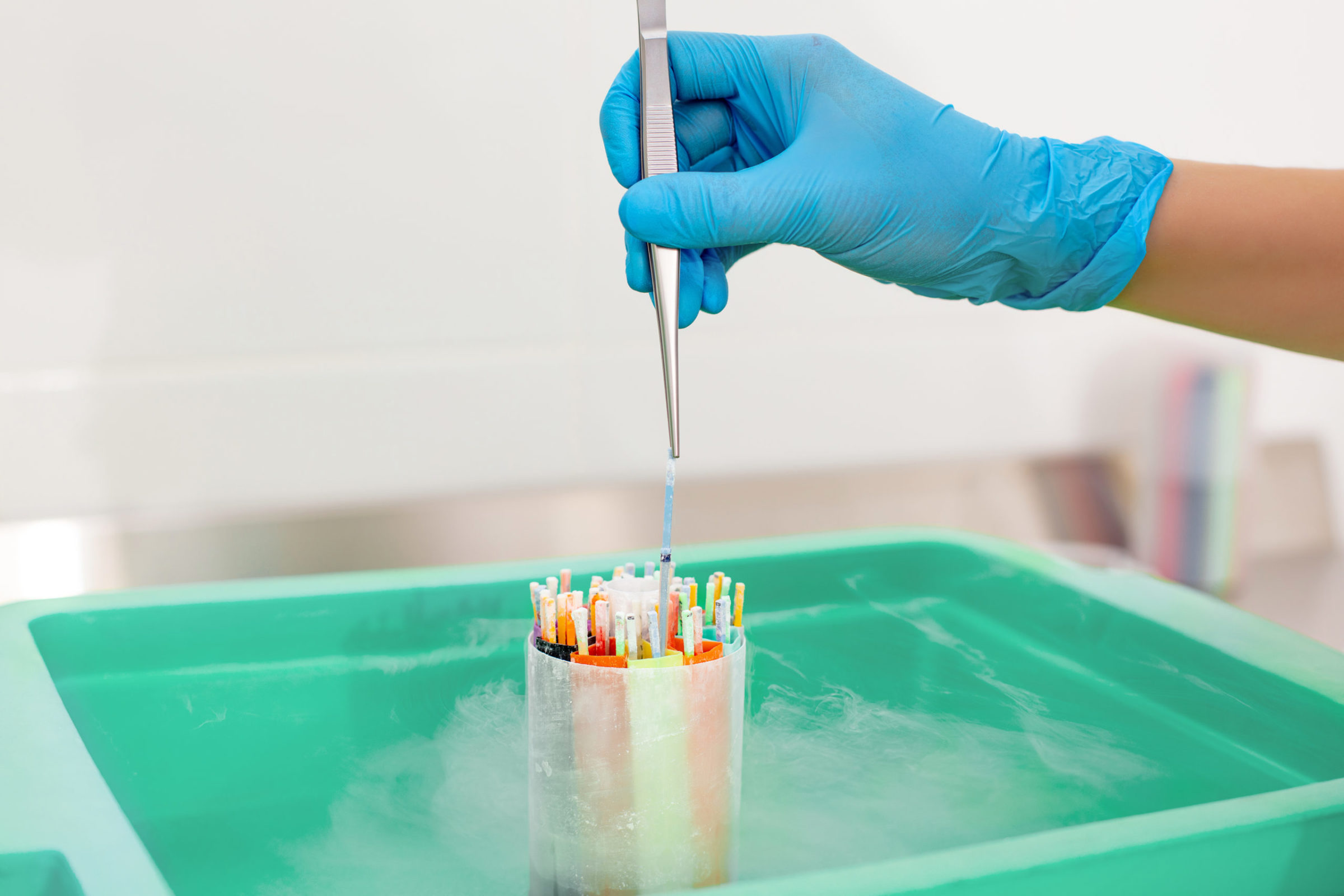‘Anything Goes’ Reproduction Gathers Steam
Originally published at National ReviewMedicine isn’t just about wellness and curing illness anymore. It is also a central resource facilitating lifestyle enablement and the fulfillment of subjective personal desires. Cosmetic surgery — as distinguished from restorative procedures — is an obvious example.
At least cosmetic surgeries are on the patient’s dime (or tens of thousands of dollars). But the full armamentarium of medicine’s techniques are increasingly being brought to bear to help people surmount biological realities — as in the transgender issue, and most particular, in having children.
With regard to the latter, we have gone from IVF — which already often involves morally dubious “extras” such as aborting “excess” implanted embryos (euphemistically known as “selective reduction”), the exploitation of poor surrogate mothers as “gestational carriers,” eugenic embryo selection, and women way past child-bearing age giving birth — to ever-expanding reproductive techniques that push boundaries to the breaking point. Now, the U.K.’s “we never say no” Human Fertilisation and Embryo Authority is on the verge of allowing even more radical procreative and genetic manipulations. From the Bioedge story (quoting The Guardian), they are:
- Lab-grown eggs and sperm. This is still not possible in human beings, but it has been achieved in mice. An American company, Conception, is already working on creating egg cells from stem cells to help infertile women conceive. Its founder, Matt Krisiloff, is gay and believes that a successful technology would enable gay couples to have their own children. “This could become one of the most important technologies ever created,” says the company website.
- Human genome editing. Currently this is not permitted and public opinion opposes it. However, if efficacy and safety issues can be resolved, legislation should be amended to accommodate changes in the germline [meaning that whatever edits are made, they will flow down the generations].
- Three-person baby IVF. British legislation was amended in 2015 to permit mitochondrial donation – but two techniques were permitted. The HFEA wants to liberalise this.
- Synthetic embryos. These are embryo-like structures which are produced from stem cells. Legislation should permit these.
We have moved very quickly from “I want a baby,” to “I demand the right to have the baby I want,” from, “We would never manipulate embryos beyond 14 days,” to making embryos from scratch and bringing them even into the fetal stage for manipulations and experimentation with no time limits at all.
Moreover, because very potent political forces are behind these moves, we can expect society to also have to foot the bill as we stride triumphantly toward the dystopia prophesied in Brave New World. Concomitantly, medical professionals who may object could be forced to provide these services or be charged with discrimination. When the moving forces in society become feelings and exercising the subjective will, government will exist to both guarantee access and throttle moral resistance.
How we will ever control medical costs in the face of these increasingly extreme biotechnological techniques is beyond me. How we will further family stability as we are encouraged to surmount natural limits via ever more radical approaches to manipulating our bodies and designing our progeny, is even further beyond my ken. How we can maintain a true “society” when the only commonality among us is “anything goes” is outside the parameters of my comprehension.
